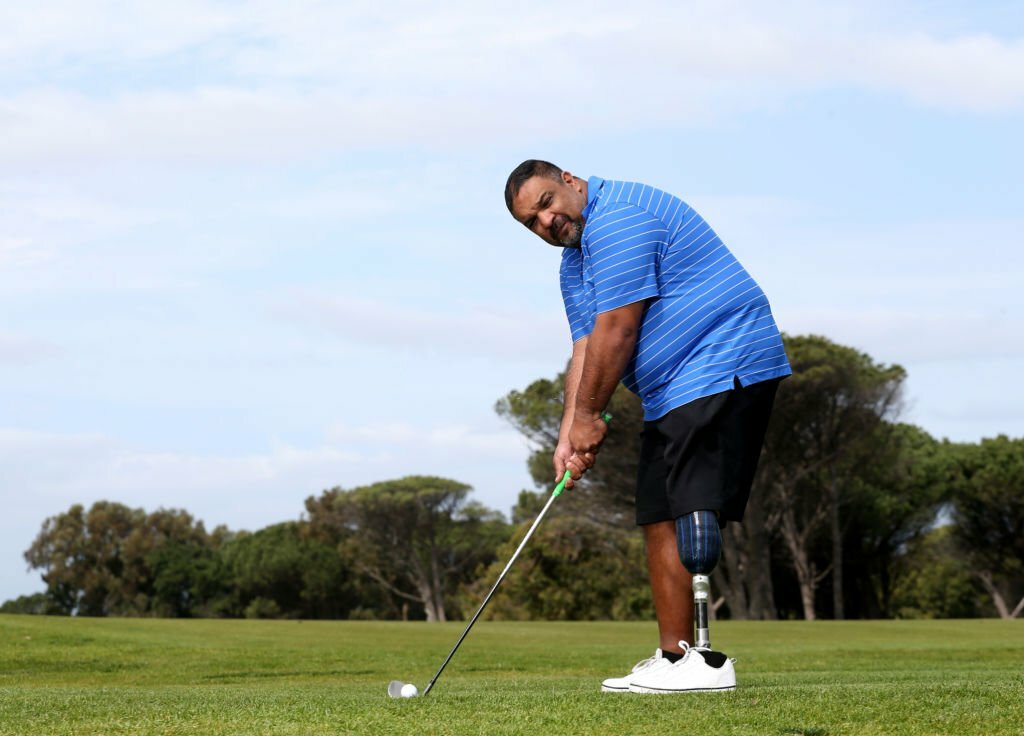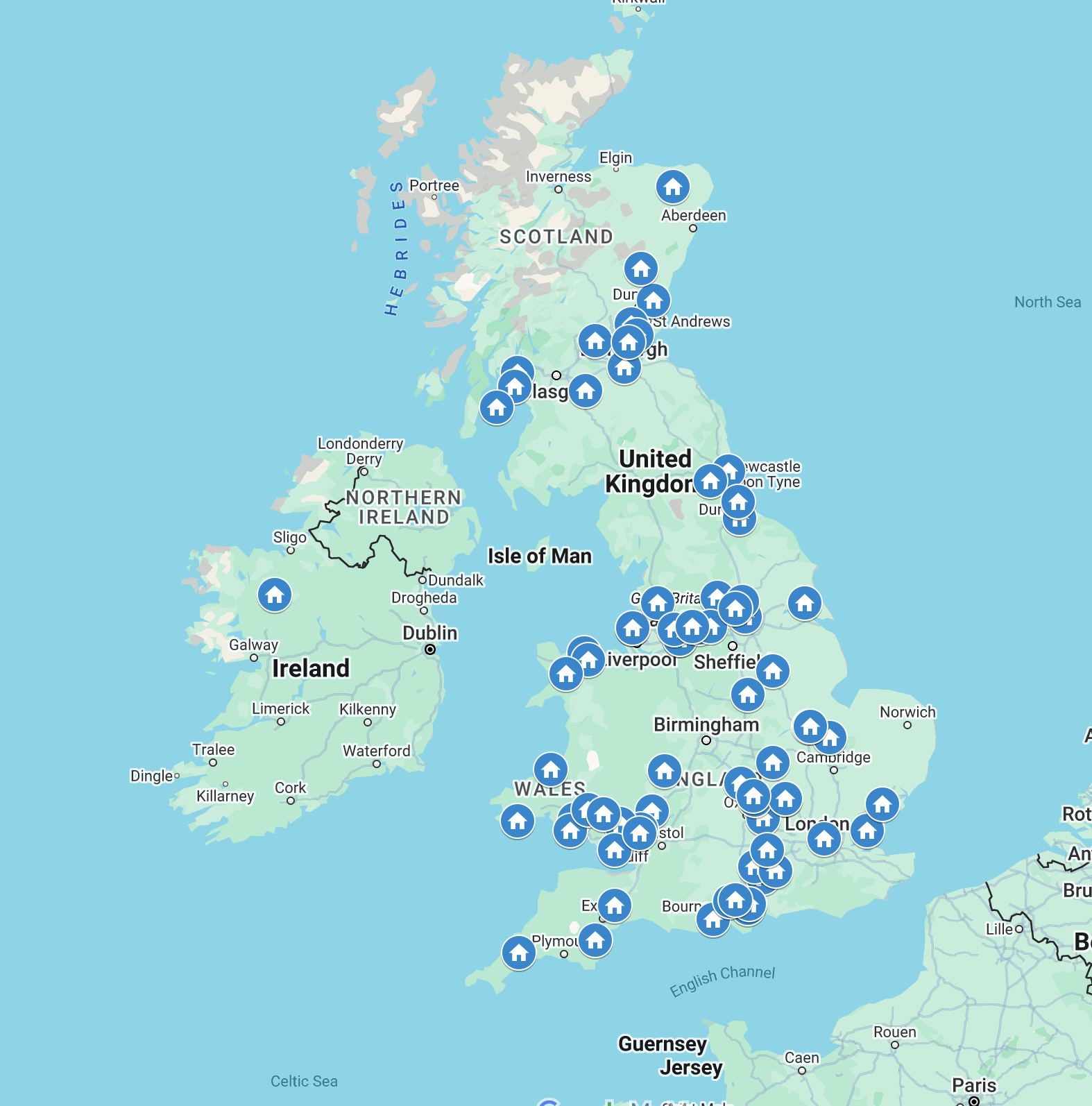Swinging Towards Healing: The Therapeutic Benefits of Golf for Individuals with Disabilities
Golf, often referred to as a gentleman’s game, is renowned for its picturesque landscapes and challenging courses. Beyond the pursuit of leisure, golf has emerged as a therapeutic tool, particularly for individuals with disabilities. In this blog post, we delve into the myriad ways golf can be a source of therapy, promoting physical, mental, and emotional well-being for those who face unique challenges.

- Physical Rehabilitation and Fitness:
Golf, when adapted for individuals with disabilities, becomes a platform for physical rehabilitation. The controlled, repetitive movements involved in swinging a golf club can enhance flexibility, improve muscle strength, and boost overall physical fitness. For those recovering from injuries or managing chronic conditions, golf serves as an enjoyable and low-impact form of exercise.
- Enhanced Motor Skills and Coordination:
The precise motions required in golf, from gripping the club to executing a swing, contribute to the development and refinement of motor skills and coordination. Individuals with disabilities often experience improvements in fine and gross motor skills as they engage in the sport, leading to increased confidence in their ability to perform everyday activities.
- Stress Relief and Mental Well-being:
Golf’s serene and natural surroundings create an ideal setting for stress relief and mental relaxation. The focused, rhythmic nature of the game provides a mental escape, allowing individuals with disabilities to temporarily set aside challenges they may face. The act of walking the course, enjoying the fresh air, and concentrating on the game can have profound effects on mental well-being.
- Social Interaction and Community Building:
Participating in golf fosters social interaction and community building, essential elements of therapeutic recreation. Individuals with disabilities may sometimes feel isolated, but golf provides a shared experience that bridges gaps and fosters connections. Being part of a golf community promotes a sense of belonging, support, and understanding.
- Sense of Achievement and Empowerment:
For individuals facing physical challenges, successfully navigating a golf course and completing a round can instill a powerful sense of achievement and empowerment. Overcoming obstacles on the course translates to increased confidence, resilience, and a positive mindset that extends beyond the fairways.
- Mindfulness and Focus:
Golf requires a degree of mindfulness and focus, encouraging individuals to be present in the moment. This aspect of the game can be particularly beneficial for those managing conditions such as anxiety, ADHD, or PTSD. The concentration required for each swing promotes a meditative state, aiding in stress reduction and mental clarity.
Conclusion:
Golf, when adapted and made accessible, becomes more than a sport for individuals with disabilities – it transforms into a therapeutic journey. From physical rehabilitation and enhanced motor skills to stress relief and a sense of achievement, the benefits of golf extend far beyond the golf course. As we recognize the therapeutic potential of golf, we open up new avenues for individuals with disabilities to embrace the healing power of this timeless game. Whether swinging for recreation or rehabilitation, golf proves to be a swinging success in promoting overall well-being and empowerment for all.





